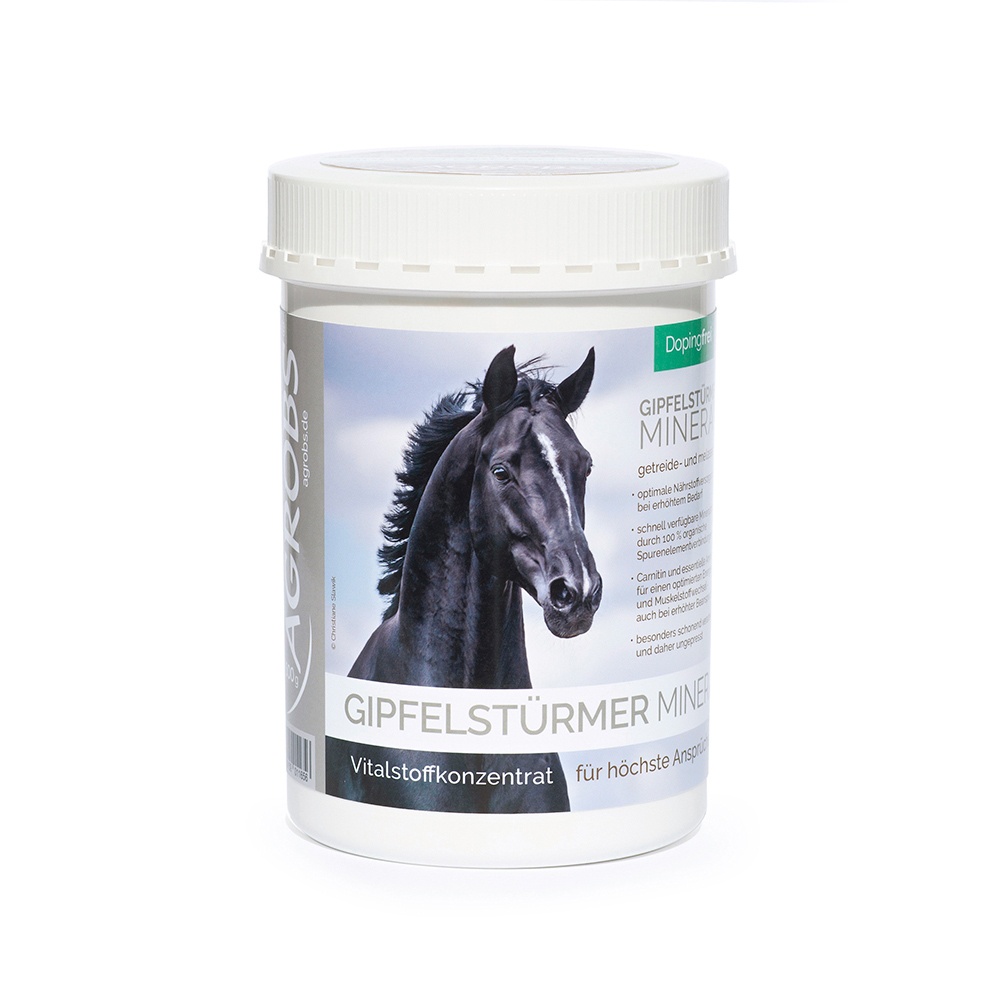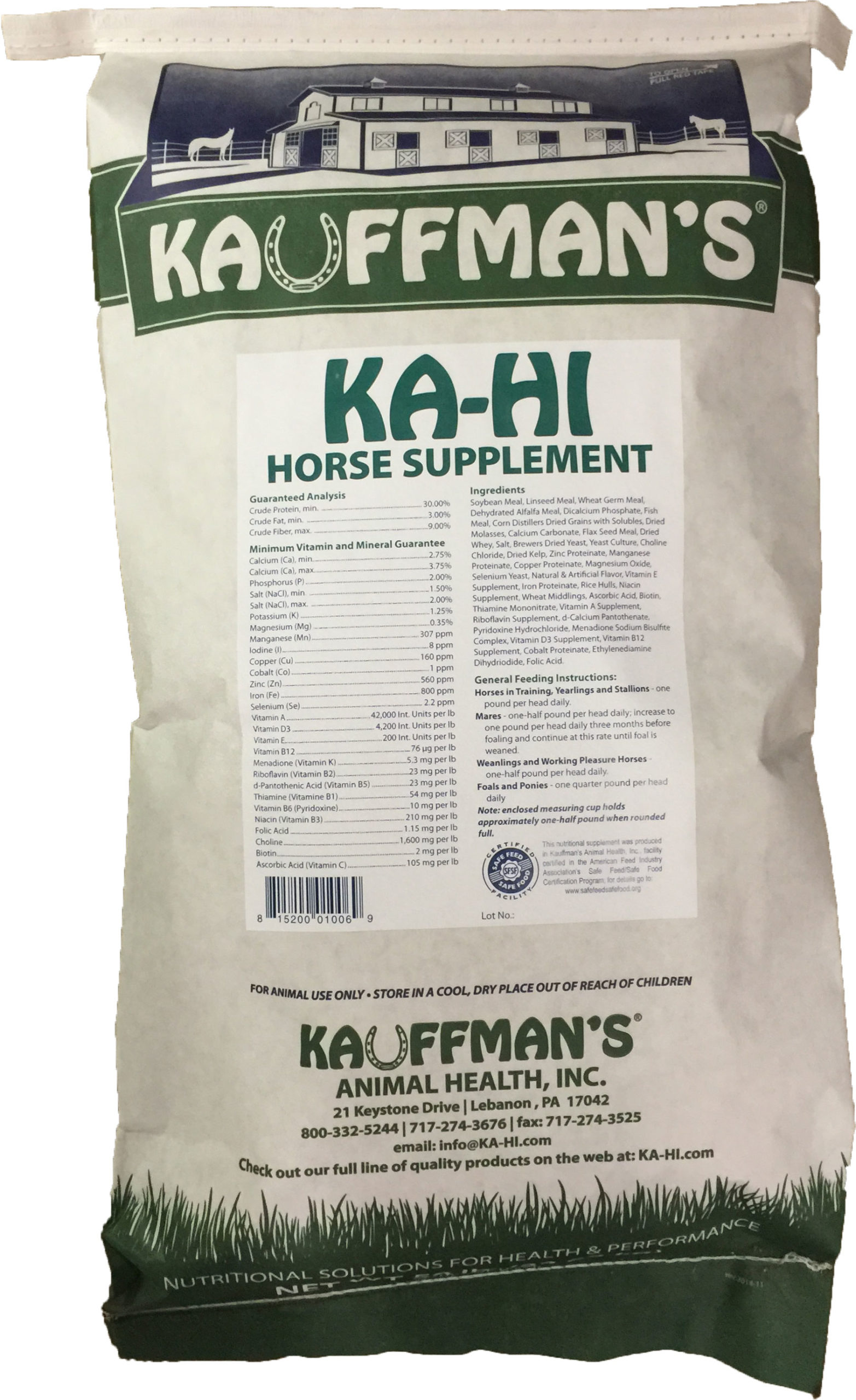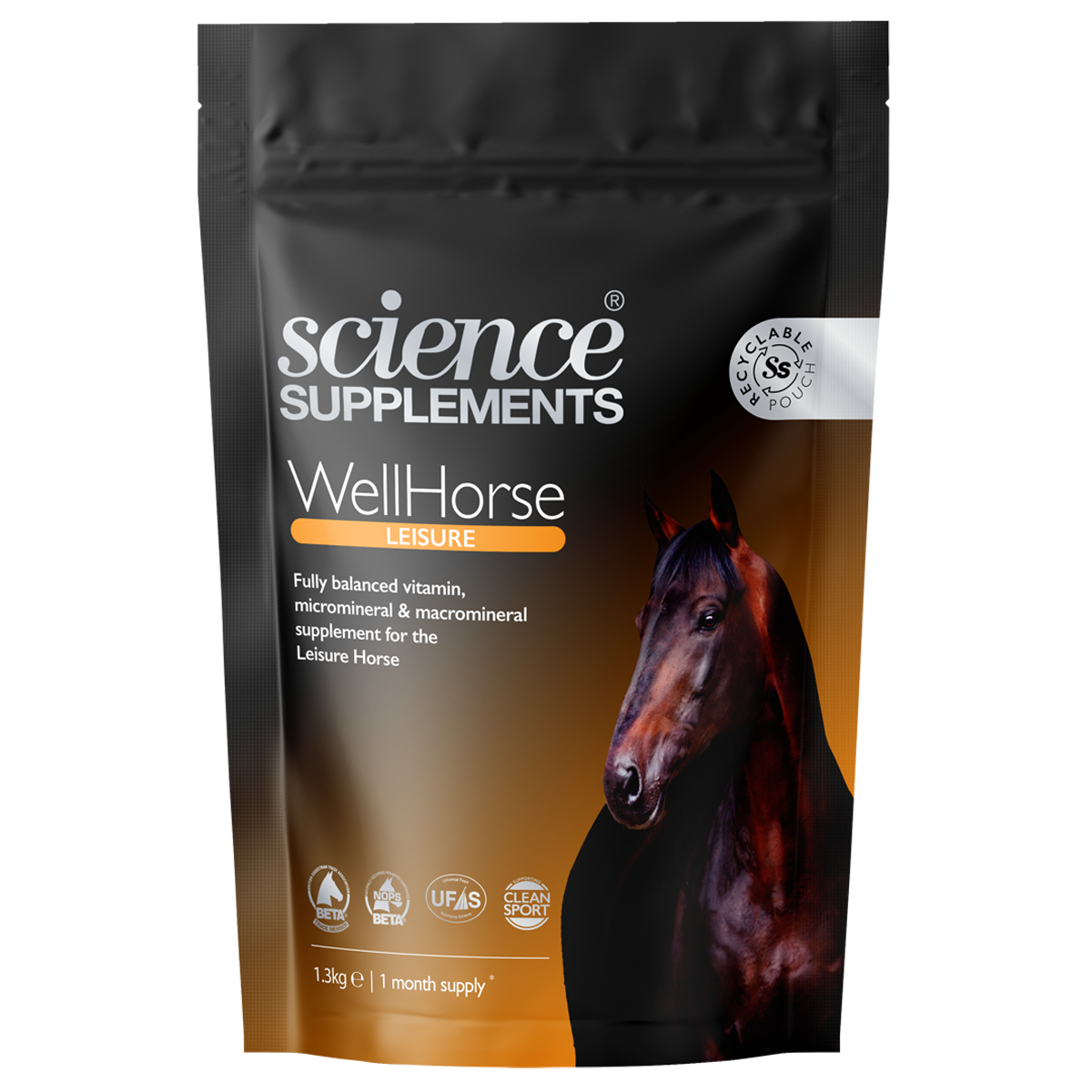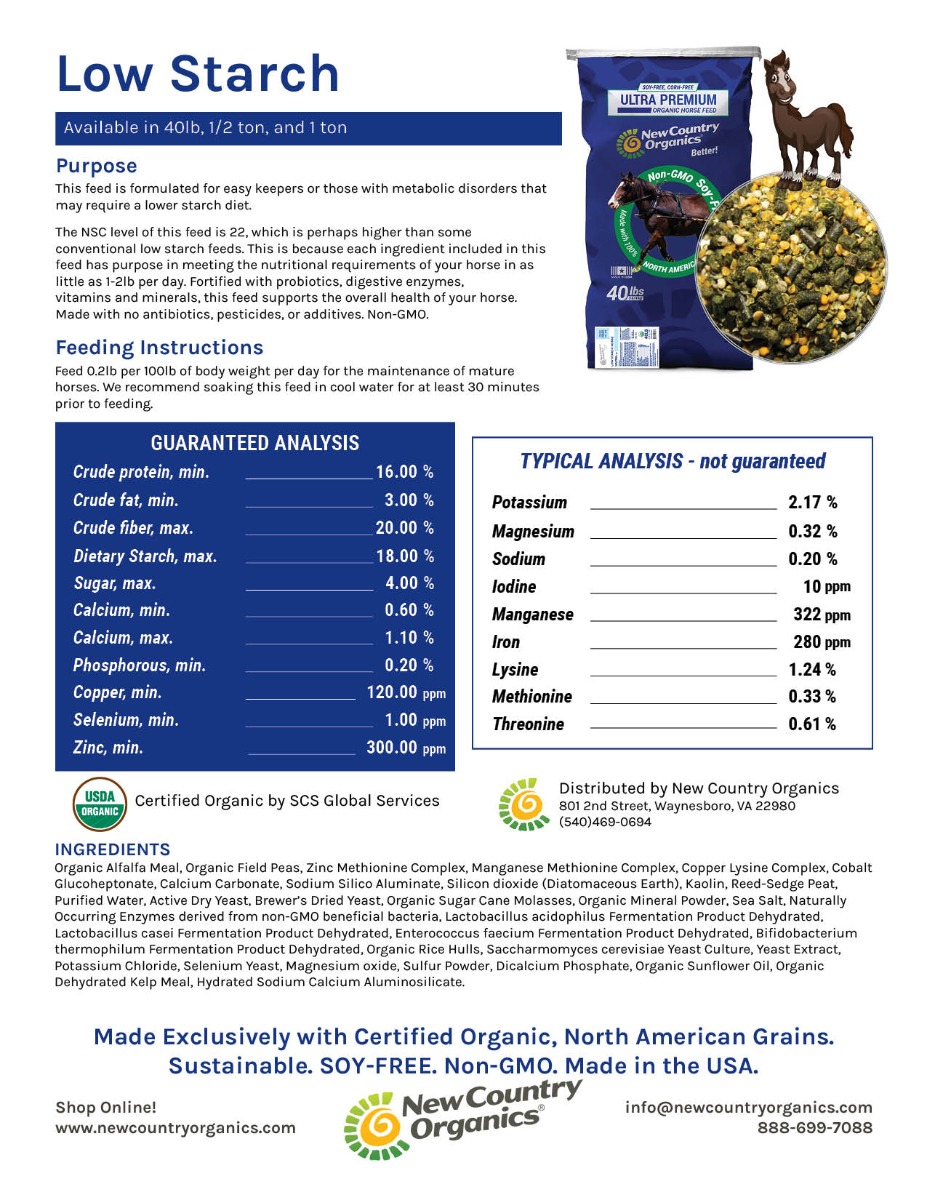Manganese Requirements in a Horse’s Diet

Manganese is an essential trace mineral that plays a vital role in the overall health and well-being of horses. Understanding the manganese requirements in a horse’s diet is crucial for horse owners, trainers, and veterinarians to ensure optimal growth, development, and performance.
What is Manganese?

Manganese is a trace mineral involved in several physiological processes, including enzyme activation, bone formation, and metabolism of carbohydrates, amino acids, and cholesterol. It acts as a cofactor for enzymes that protect cells from oxidative damage and supports the synthesis of connective tissue.
Importance of Manganese for Horses

- Bone Development: Manganese is critical for the formation of healthy bones and cartilage, which is especially important for growing foals and performance horses.
- Reproductive Health: Adequate manganese levels contribute to reproductive efficiency and fetal development.
- Metabolic Functions: It aids in the metabolism of nutrients, ensuring energy production and overall vitality.
- Antioxidant Defense: Manganese is a component of the enzyme superoxide dismutase, which helps protect cells from oxidative stress.
Daily Manganese Requirements
The National Research Council (NRC) provides guidelines for manganese intake based on the horse’s weight, age, and activity level. Below is a general overview:
| Horse Type | Weight (kg) | Manganese Requirement (mg/day) |
|---|---|---|
| Maintenance Adult | 500 | 40-60 |
| Growing Foal | 200 | 20-30 |
| Performance Horse | 600 | 50-70 |
Sources of Manganese in a Horse’s Diet
- Forages: Grass and legume hays are primary sources but manganese content can vary depending on soil quality.
- Grains: Oats and barley contain moderate manganese levels.
- Supplements: Commercial mineral mixes often include manganese to meet dietary needs.
Signs of Manganese Deficiency
- Poor bone development and skeletal deformities
- Joint problems and lameness
- Reduced fertility and reproductive issues
- Impaired growth in foals
Risks of Excess Manganese
While manganese is essential, excessive intake can lead to toxicity, causing neurological issues and interfering with the absorption of other minerals like iron and calcium.
How to Ensure Proper Manganese Intake
- Regularly test forage and feed for mineral content.
- Use balanced commercial supplements tailored to your horse’s needs.
- Consult with an equine nutritionist or veterinarian for personalized advice.
Frequently Asked Questions (FAQ)
Q1: Can horses get enough manganese from pasture alone?
A1: It depends on the soil and forage quality. In some regions, pasture may not provide sufficient manganese, necessitating supplementation.
Q2: How is manganese deficiency diagnosed in horses?
A2: Diagnosis involves clinical signs, dietary history, and sometimes blood or tissue analysis.
Q3: Are there any interactions between manganese and other minerals?
A3: Yes, high manganese levels can interfere with iron and calcium absorption, so balance is key.
By understanding and managing manganese requirements, horse owners can promote healthier, stronger horses with improved performance and longevity.
